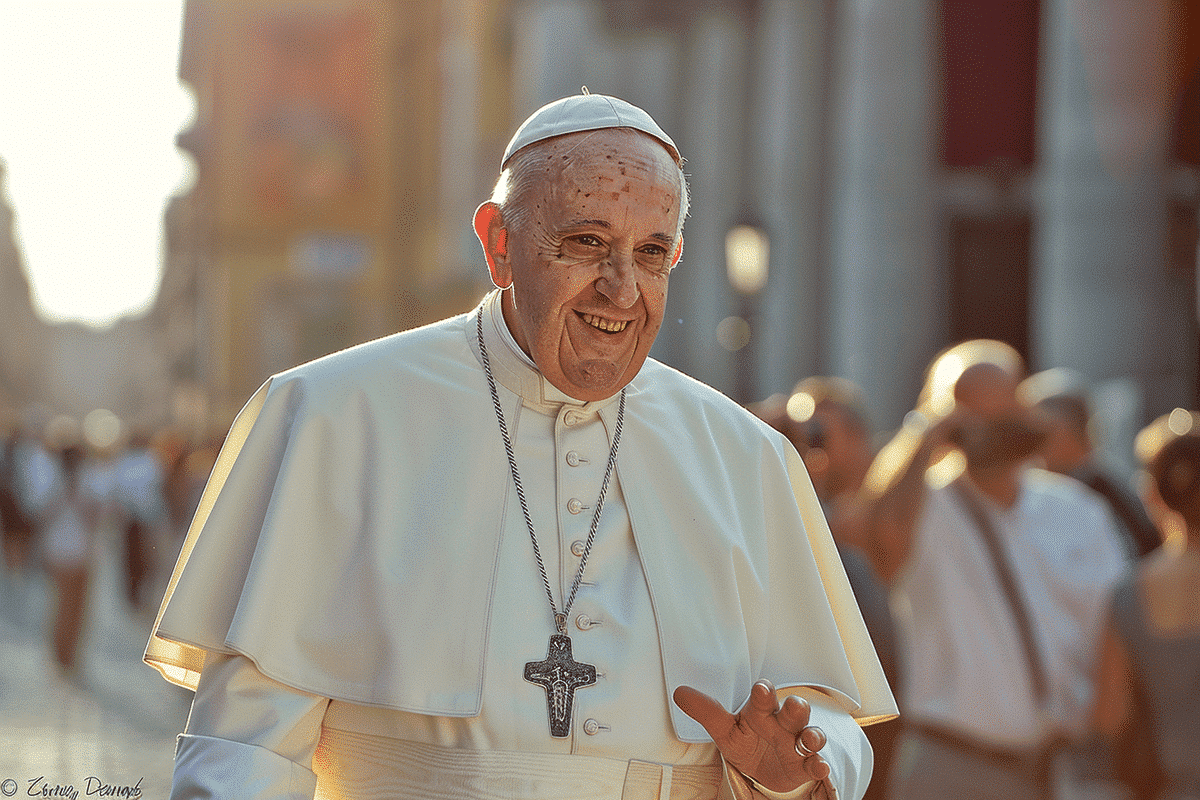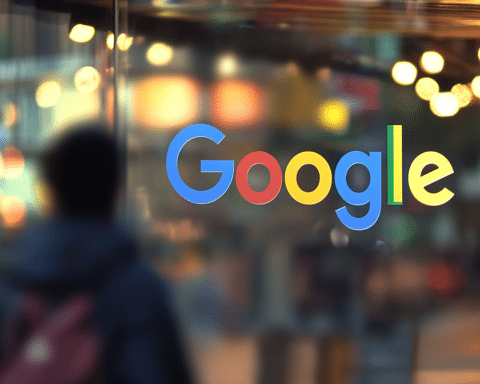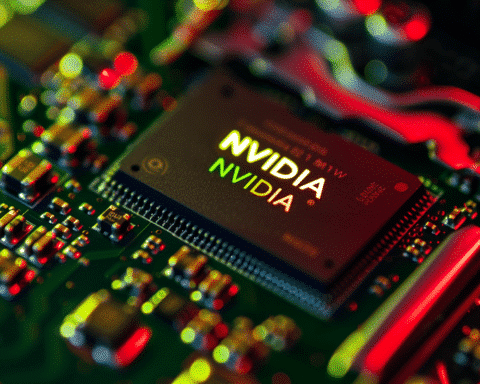In an unprecedented move, Pope Francis is set to address the leaders of the Group of Seven (G7) nations on the topic of artificial intelligence (AI) during their summit in southern Italy’s Puglia region. This marks the first time in history that a pontiff will participate in discussions at this level regarding AI.
The pontiff’s interest in the subject was sparked by a viral “deep fake” image of himself wearing a stylish white puffer jacket, created using AI. Recognizing the potential pitfalls of AI, Pope Francis is determined to ensure that its development aligns with the values of humanity and does not lead to detrimental consequences.
As a former chemist, Pope Francis embraces technological advancements, including AI, for the opportunities they offer. However, he remains acutely aware of the risks associated with unchecked technological growth. In a message released last year, he cautioned against the emergence of a “technological dictatorship” and highlighted concerns about AI-controlled weapons systems, surveillance societies, and election interference.
To address these concerns, the Vatican has been actively advocating for an ethical framework to guide the development and use of AI. The Pontifical Academy for Life has spearheaded initiatives like the “Rome Call for AI Ethics,” which emphasizes principles such as transparency, inclusion, responsibility, and impartiality. This document has garnered support from major tech companies, governments, and religious leaders alike.
At the G7 summit, Pope Francis is expected to urge world leaders to collaborate on regulating AI to prevent harmful practices. He has previously called for a “binding international treaty” to promote ethical AI development. Notably, the European Union has already passed legislation regulating AI, while bipartisan efforts in the United States signal growing momentum for federal regulation.
Pope Francis’ decision to engage in the AI debate reflects his broader vision of the Church’s role in contemporary issues. He sees AI as part of the “epochal change” unfolding in the 21st century and believes the Church must be at the forefront of discussions surrounding its ethical implications.
Father Paolo Benanti, a Franciscan friar and AI expert working with the Vatican, emphasizes Pope Francis’ focus on the social aspects of AI and its impact on global coexistence. He notes the pope’s concern for addressing inequalities exacerbated by technological advancements and ensuring equitable access to technology, particularly in developing regions.
Archbishop Vincenzo Paglia of the Pontifical Academy for Life underscores the need for international regulation to curb the abuse and manipulation of AI. He asserts that only through concerted efforts at the global level can AI be harnessed for sustainable development and the betterment of humanity.
Italy, which currently holds the presidency of the G7, has taken steps to address AI-related concerns, including a temporary ban on AI chatbots due to privacy issues. Prime Minister Giorgia Meloni welcomes Pope Francis’ participation in the summit, emphasizing the importance of ethical considerations in AI development.
Pope Francis’ presence at the G7 summit signals his commitment to engaging with world leaders on pressing issues facing humanity. His advocacy for ethical AI reflects the Church’s enduring commitment to promoting the common good and ensuring that technological advancements serve humanity’s best interests. As the summit unfolds, all eyes will be on Pope Francis as he makes history with his contribution to the AI debate.




